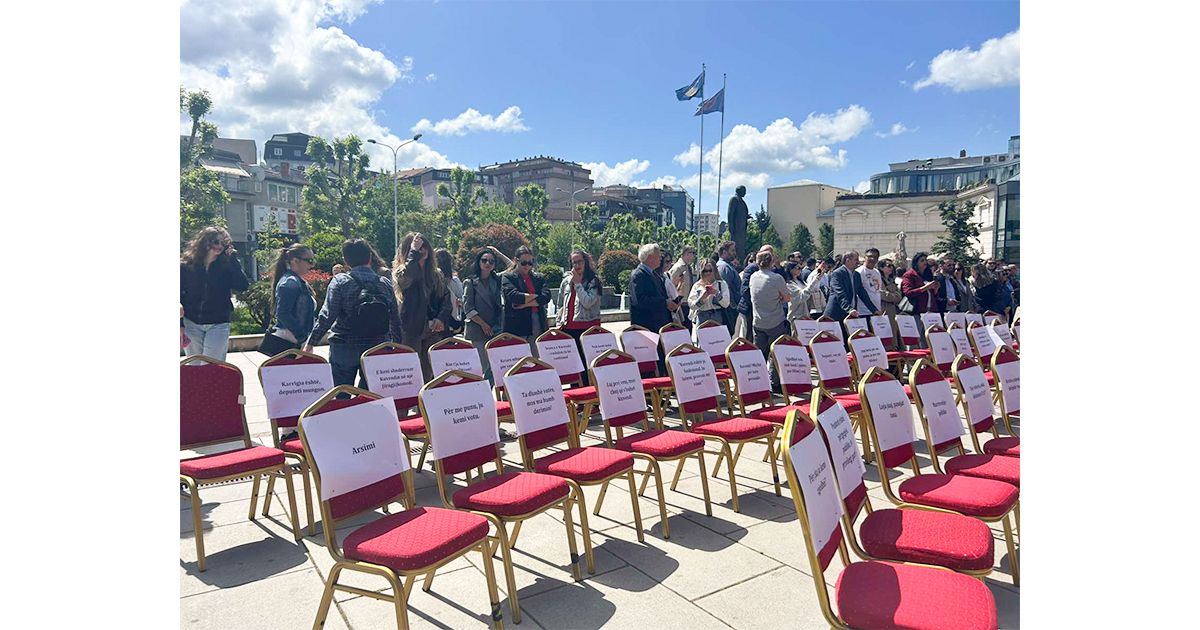The number of women in decision-making positions in the institutions of the Republic of Kosovo is extremely small, especially in the northern part of Kosovo, where almost all Municipalities are led by men. Therefore, Mitrovica Women’s Association for Human Rights (MWAHR) undertook the initiative “I deserve a leading position” and worked with the women parliamentarians from the region of Northern Mitrovica, namely northern municipalities: Zveçan, Leposaviq, and Zubin Potok.
The first activity they undertook to empower these women in the decision-making processes was the training of 12 women parliamentarians from these four municipalities, in the United Nations Security Council Resolution 1325 (UNSC) on “Women, peace, and security” (2000). Ms. Ksenija Bozovic.. explained the mechanisms of this resolution and tried, by using this example, to increase the capacity of women parliamentarians in leadership, political empowerment, and better functioning of Offices for Gender Equality.
The second training, aimed at informing the women parliamentarians and civil society women about the advocacy and public speaking methods, was held on 30 July by trainer Jelena Memet. The women participants considered the training as highly important and requested that such trainings be organized for longer periods of time.
Under this initiative, MWAHR established the groups of women parliamentarians in the four aforementioned municipalities, wherein women parliamentarians created the structures of the functioning of these groups and appointed the chairpersons of the groups in each municipality. Afterwards, the MWAHR staff members advocated with the structure of four Municipalities to open gender equality offices.
“One of the greatest and most important results of this project is that the MWAHR established very good relations with the women parliamentarians and they have their doors open for us. The government institutions welcomed the work and very good mission of MWAHR, and showed their readiness for further cooperation,” Vetone Veliu, Executive Director of this organization said.
This initiative enabled MWAHR to conduct a research for the first time about the gender equality in the local institutions of these four municipalities. The research was conducted by interviewing 67 women and parliamentarians. The recommendations resulting from this research are the following:
- Strengthening of NGOs and media role to promote the participation of women in decision-making processes;
- It should be worked on rising the awareness of political entities about the gender equality;
- It should be worked on mobilizing the voters to support the participation of women in politics, by voting them;
- The Councils of Women Parliamentarians should be strengthened; and
- Cooperation with men parliamentarians in the relevant municipalities should be reached, in order to work together with other stakeholders to ensure the necessary space for the participation of women in the works of the Assembly, Board, and Management.


